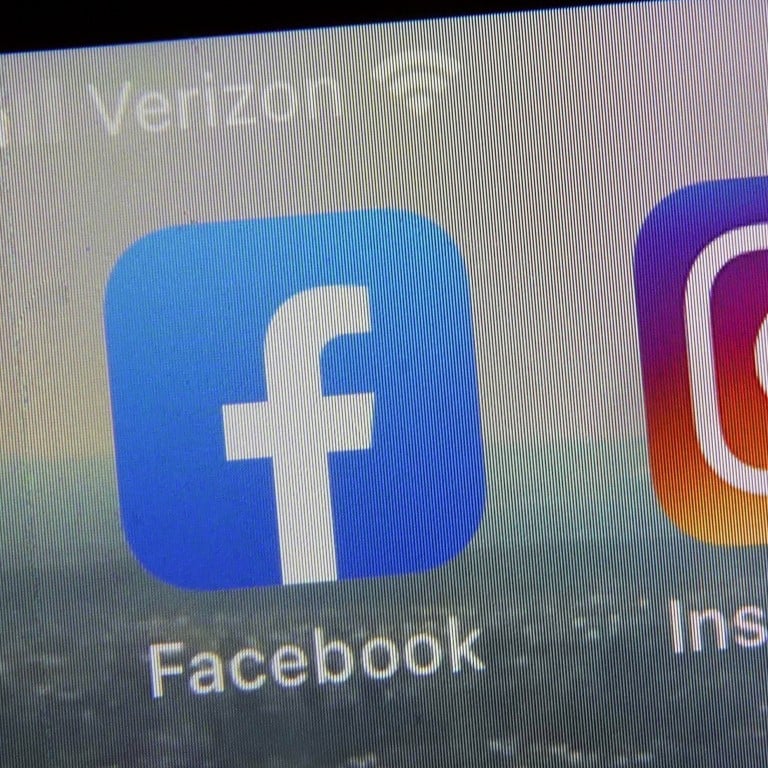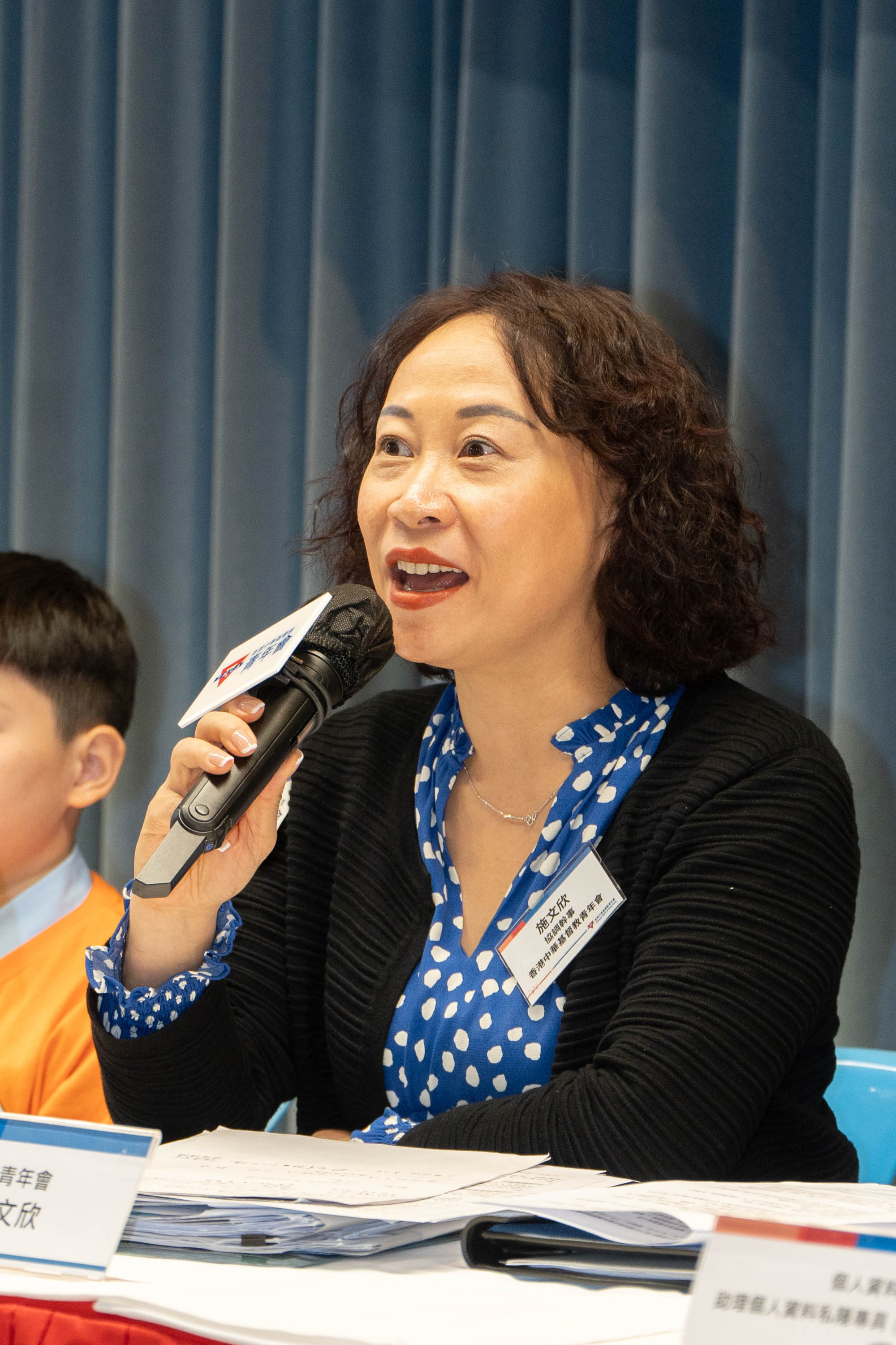
Hong Kong children ‘embarrassed’ or ‘angry’ over parents posting information about them on social media, survey finds
- More than 80 per cent of parents said they had posted about their children, but 43.4 per cent of youngsters said it embarrassed them and 28 per cent ‘hated’ it
- Chinese YMCA of Hong Kong says parents may want to have record of children growing up, as well as share child-rearing frustrations and get support
The poll results, released on Sunday by the Chinese YMCA of Hong Kong, found 82.6 per cent of adult respondents said they shared details of their children’s lives on sites such as Facebook, WeChat and Instagram.
Almost a third – 31.7 per cent – added they tended to post on more than one platform.
The content posted generally involved photographs and videos, along with captions.

The pollsters interviewed hundreds of parents and children between September and November last year.
“Parents want to record their children’s growth and create memories,” said Phoebe See Man-yan, the coordinating secretary of the YMCA.
“Especially during Covid-19, or for those with relatives living abroad, there is a wish to include loved ones in their children’s lives and maintain relationships.”
She added adults might also view the accomplishments of their offspring as their own, or want to share child-rearing frustrations and find support.
“So for parents, there is a psychological need as well,” she said.
But the survey, which also questioned 1,094 primary and secondary school pupils, found 43.4 per cent were “embarrassed” by their parents’ actions.
Just over 28 per cent said they “hated” it and 23.2 per cent expressed “anger”.
Most youngsters – 73.6 per cent – said it was important to have their privacy protected.
Take care with posts involving children
More than half – 53 per cent – disagreed when asked if “parents are willing to ask if I am fine before sharing my information online”.
The parents’ answers showed 28.5 per cent reported that they had never asked for their children’s permission before posting material about them.
More than 57 per cent said they did not believe sharing information about their children online would make them feel bad, although 70.7 per cent were willing to ask their children’s opinions before they did.
The YMCA noted that youngsters’ disapproval of their parents posting about them on the internet increased as they got older.
“As kids reach adolescence, they require trust in their parents for healthy growth,” See said.
“But when parents engage in flashy behaviour, that may become difficult, because they lack confidence and are worried about their own privacy.
“They don’t know how much people know about them.”
She added: “It is important for them to build confidence and seek out their own ideals in this world. So we hope parents realise their kids have their own needs as well.”
Hermina Ng Wing-hin, senior legal counsel at the Office of the Privacy Commissioner for Personal Data, said digital footprints were difficult to erase.
“Once you post personal information online, others can easily copy, print or repost it,” she warned. “The information cannot be easily deleted.
“If very private information – such as full name, date of birth, the school they attend or home address – is shared, this can also lead to a risk of identity theft, or contribute to bullying in the future.”
Hong Kong youngsters addicted to internet need understanding, not judgment: experts
In a separate survey the Hong Kong Young Women’s Christian Association (YWCA) found some children spent twice as much time using electronic devices as their parents.
The YWCA surveyed more than 770 carers for primary school pupils between July and October 2023 and found their average daily screen time was three hours on weekdays and three hours and 20 minutes at weekends.
But their children spent four hours on electronic devices every weekday and six hours at weekends.
Screen time could reach 8.2 hours for Primary Four to Six children over the weekends.
All the usage levels were much higher than the two hours a day the Department of Health suggested for youngsters.
The YWCA said the result showed a correlation between the screen time of parents and children.
Parents who spent an hour on electronic devices a day could see their children’s screen time reaching two hours and four minutes.
Kwok Yi-chung, the chief officer of the YWCA’s youth and community service, urged parents to cut their own screen time, discuss the use of electronic devices with their children and draw up rules for usage.
“Many parents will shut down the Wi-fi, take away gadgets, or scold their children when controlling their screen time, but that will create more conflict and subsequently impact their health, emotions and social life,” Kwok said.

